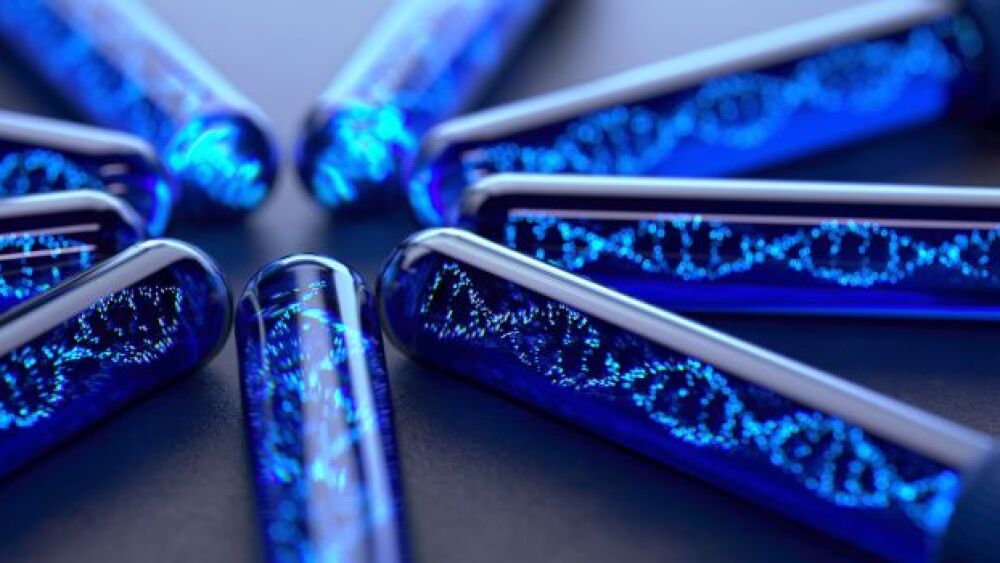Enzyvant has resubmitted its Biologics Licensing Application to the U.S. FDA for its tissue-based regenerative pediatric congenital athymia therapy RVT-802.
Enzyvant has resubmitted its Biologics Licensing Application (BLA) to the U.S. Food and Drug Administration (FDA) for its tissue-based regenerative pediatric congenital athymia therapy RVT-802.
In a 2019 complete response letter to the initial RVT-802 BLA submission, the FDA provided Enzyvant with several regulatory requests related to Chemistry, Manufacturing and Controls (CMC).
According to a Reuters report, the letter specifically cited manufacturing control problems following an FDA inspection for the therapy. But Enzyvant said it knew of the issues reported in the CRL, and these issues were not considered prerequisites for the approval process, according to a comment made by Rachelle Jacques, Enzyvant’s chief executive officer.
Since the CRL, the company has worked to address each of the requests from the agency. Following the resubmission of the BLA, the FDA expects to take action on the application by October 8th, 2021, under the Prescription Drug User Fee Act (PDUFA).
“Resubmission of the RVT-802 BLA is important progress in the mission to bring a desperately needed treatment option to families battling the dire consequences of congenital athymia,” said Rachelle in a statement. “Thank you to everyone involved in the RVT-802 development program, including families who participated in clinical trials, for your efforts to achieve this milestone and make a difference in the lives of families who will face this condition in the future.”
RVT-802 is an investigational, novel, one-time tissue-based regenerative treatment studied by Duke University researchers across ten clinical trials. The therapy is a cultured human thymus tissue designed to treat pediatric congenital athymia, an ultra-rare condition characterized by an absent thymus at birth. A rare genetic mutation is likely the cause of this condition. Immunodeficiency, immune dysregulation, and infection susceptibility are all features associated with congenital athymia. Current statistics in the U.S. suggest congenital athymia affects 17 to 24 births per year.
Currently, only supportive care exists for these patients, and most patients die from either infections or autoimmune problems by two or three years of age. No FDA-approved treatment is available for the condition.
In April 2017, Enzyvant received the FDA Breakthrough Therapy Designation and Regenerative Medicine Advanced Therapy Designation for the therapy. The company began a rolling BLA submission of the investigational agent in July 2018 to treat congenital athymia associated with complete DiGeorge Anomaly.
“The bleak prospects of children with congenital athymia have driven our work over the past two decades to develop a therapy that will provide a functioning thymic environment and enable patients to fight off fatal infections,” commented Louise Markert, M.D., Ph.D., lead investigator for RVT-802 clinical trials and Professor of Pediatrics and Immunology at the Duke University School of Medicine. “Resubmission of the RVT-802 BLA is a reason for families to be optimistic that an approved treatment option for congenital athymia may soon be available.”
Enzyvant, created by Roivant Sciences, has placed on the sidelines its enzyme replacement therapy program, seeking instead to sell the program to any interested bidder. The company will instead focus its attention on the RVT-802 program. Enzyvant Has yet to develop pricing for the medicine, nor has the company made public any definite plans to take the drug beyond the U.S.





